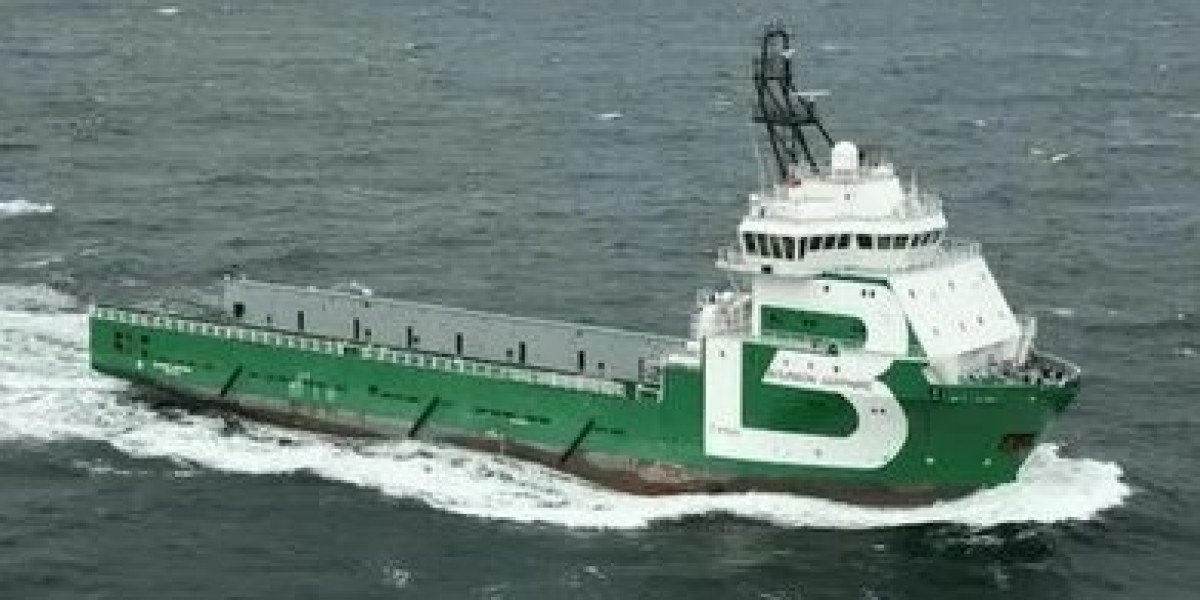Navigating rough seas presents unique challenges for vessels, not only in terms of safety but also regarding fuel efficiency. Adverse weather conditions can significantly increase fuel consumption, leading to higher operational costs and environmental impacts. This article explores effective strategies for how to optimize vessel fuel consumption in rough seas.
Understanding the Impact of Rough Seas on Fuel Consumption
Rough seas can increase drag on a vessel, requiring more power and fuel to maintain speed. Factors such as wave height, wind speed, and current direction all contribute to the energy needed to keep a vessel on course. Understanding these dynamics is crucial for effective fuel management.
- Increased Resistance: As waves rise and fall, the hull of the vessel encounters increased resistance, leading to a greater fuel demand.
- Higher Engine Load: Rough seas often require adjustments to engine output, further escalating fuel consumption.
Strategies for Optimizing Fuel Consumption
1. Route Planning and Weather Forecasting
Effective route planning can significantly reduce fuel consumption. By utilizing advanced weather forecasting tools, vessel operators can adjust their courses to avoid the worst conditions.
- Alternative Routes: Consider taking a longer route to avoid severe weather, which may ultimately save fuel.
- Weather Monitoring: Constantly monitor weather updates to anticipate changes in conditions.
2. Speed Management
Adjusting speed is one of the most straightforward methods to optimize fuel consumption.
- Slow Down: Reducing speed can lead to significant fuel savings. The relationship between speed and fuel consumption is not linear; thus, even a slight reduction can have a substantial impact.
- Optimum Speed: Identify the vessel's optimum cruising speed under various conditions to maximize fuel efficiency.
3. Hull Maintenance
Maintaining the vessel's hull in optimal condition is vital for minimizing drag and enhancing fuel efficiency.
- Regular Cleaning: Marine growth can increase drag, so regular cleaning of the hull can prevent unnecessary fuel consumption.
- Anti-Fouling Coatings: Invest in high-quality anti-fouling paints that can reduce drag and enhance fuel efficiency over time.
4. Engine Efficiency
Enhancing engine performance can significantly impact fuel consumption.
- Regular Maintenance: Regular engine check-ups ensure optimal performance and fuel efficiency. Pay attention to filters, injectors, and fuel quality.
- Fuel Management Systems: Implement advanced fuel management systems that provide real-time data on fuel consumption and engine performance.
5. Load Optimization
The weight of the vessel plays a crucial role in fuel consumption.
- Reduce Unnecessary Weight: Carry only the essential supplies and equipment to minimize weight.
- Proper Load Distribution: Ensure weight is evenly distributed to maintain stability and reduce drag.
6. Utilize Energy Efficiency Technologies
Incorporating energy-efficient technologies can yield long-term benefits for fuel consumption.
- Hybrid Systems: Consider hybrid propulsion systems that utilize both traditional and alternative fuel sources.
- Energy Recovery Systems: Implement systems that capture and reuse energy, reducing overall fuel consumption.
Conclusion
Optimizing vessel fuel consumption in rough seas is not merely about cutting costs; it's also about enhancing safety and minimizing environmental impact. By employing strategic route planning, adjusting speed, maintaining the hull and engine, optimizing load, and utilizing advanced technologies, vessel operators can navigate rough waters more efficiently. As the maritime industry continues to evolve, embracing these practices will be crucial for sustainable operations. Implementing these strategies can lead to significant fuel savings, ensuring that vessels remain not only operational but also environmentally responsible amidst the challenges of rough seas.


